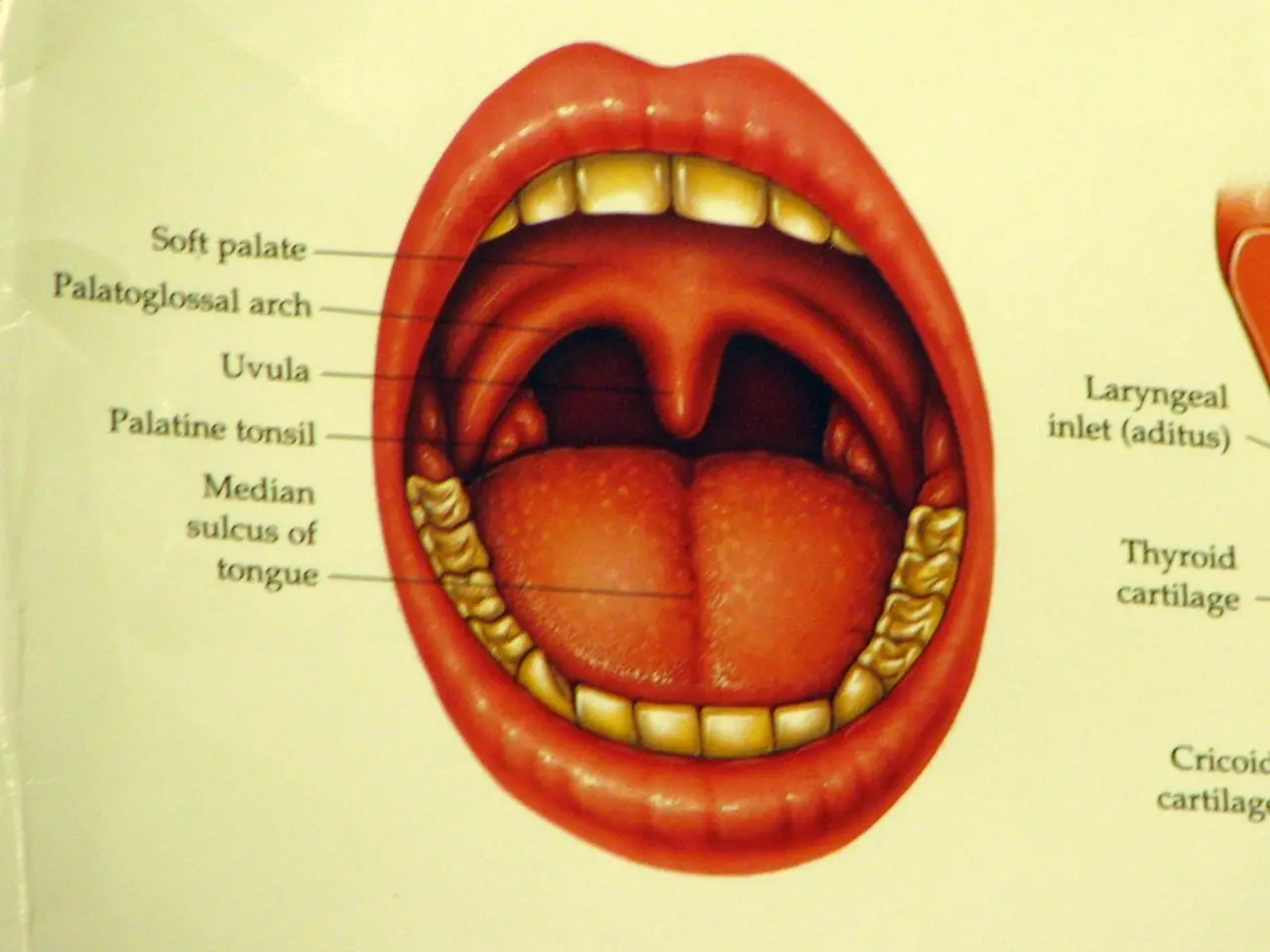Strategies for Maintaining Cognitive Sharpness
========================================================
Psychologist and neuroscientist Christian Jarrett suggests three evidence-based methods for training brain and memory in daily life. These methods, which include humor, spatial-memory exercises, and socializing, can help reduce stress, strengthen neural circuits for memory and attention, and promote cognitive reserve.
How Humor Helps
Laughter, caused by humorous content, reduces stress hormones like cortisol and adrenaline and releases endorphins, lowering physiological stress that impairs memory and learning. Positive mood and reduced anxiety after laughing improve attention, mental flexibility, and short-term memory encoding, making it easier to learn and recall information. Shared laughter also strengthens social bonds, which are linked to better long-term mental health and lower risk of cognitive decline.
How Spatial-Memory Exercises Help
Practicing spatial tasks such as route learning, map recall, navigation games, and puzzles that require spatial reasoning trains hippocampal-dependent spatial memory and navigation skills, supporting broader episodic memory and spatial awareness in daily life. Repeated challenge and novelty in these tasks encourage neuroplasticity, forming and strengthening synaptic connections that improve memory performance over time.
How Socializing Helps
Social interaction provides cognitive stimulation through conversation, perspective-taking, and storytelling, exercising memory, language, and executive function. Being socially active reduces loneliness and stress, both of which are risk factors for memory decline, and social engagement correlates with better cognitive outcomes in older adults. Practical social habits include regular meetups, joining clubs or classes, and mixing generations to expose oneself to varied topics and demands.
Practical Daily Plan
To incorporate these methods into daily life, consider adding short humor breaks by watching a 5-10 minute funny clip or sharing a joke during the day to reduce stress and refresh attention. Do 10-20 minutes of spatial tasks 3-5 times per week, such as practicing new walking routes, playing navigation games, or doing 3D puzzles to stimulate the hippocampus. Schedule social cognitive time by participating in weekly conversation groups, co-learning (a class or hobby), or social games that require memory (trivia, card games) to combine social and cognitive benefits.
Combining activities, such as going dancing or taking a group dance class, can provide additive benefits by combining movement, spatial memory, and socializing. Effects accumulate over time, so consistency matters more than single sessions. If you have existing memory problems or mood disorders, combine these lifestyle approaches with medical evaluation and tailored cognitive rehabilitation as recommended by clinicians.
The more varied the social activities, the greater the effect on maintaining mental sharpness. For those interested, a 7-day plan can be created that combines humor, spatial exercises, and social activities tailored to your schedule and interests.
1) Engaging in music, which can provide a source of laughter and positive emotions, may help reduce stress hormones and improve cognitive functions like memory and attention, following the principles of humor mentioned.
2) In addition to spatial memory exercises, incorporating fitness routines, like learning a dance or practicing yoga, can promote physical and mental health while also fostering social interaction, aligning with the benefits of socializing and regular exercise in the given text.




